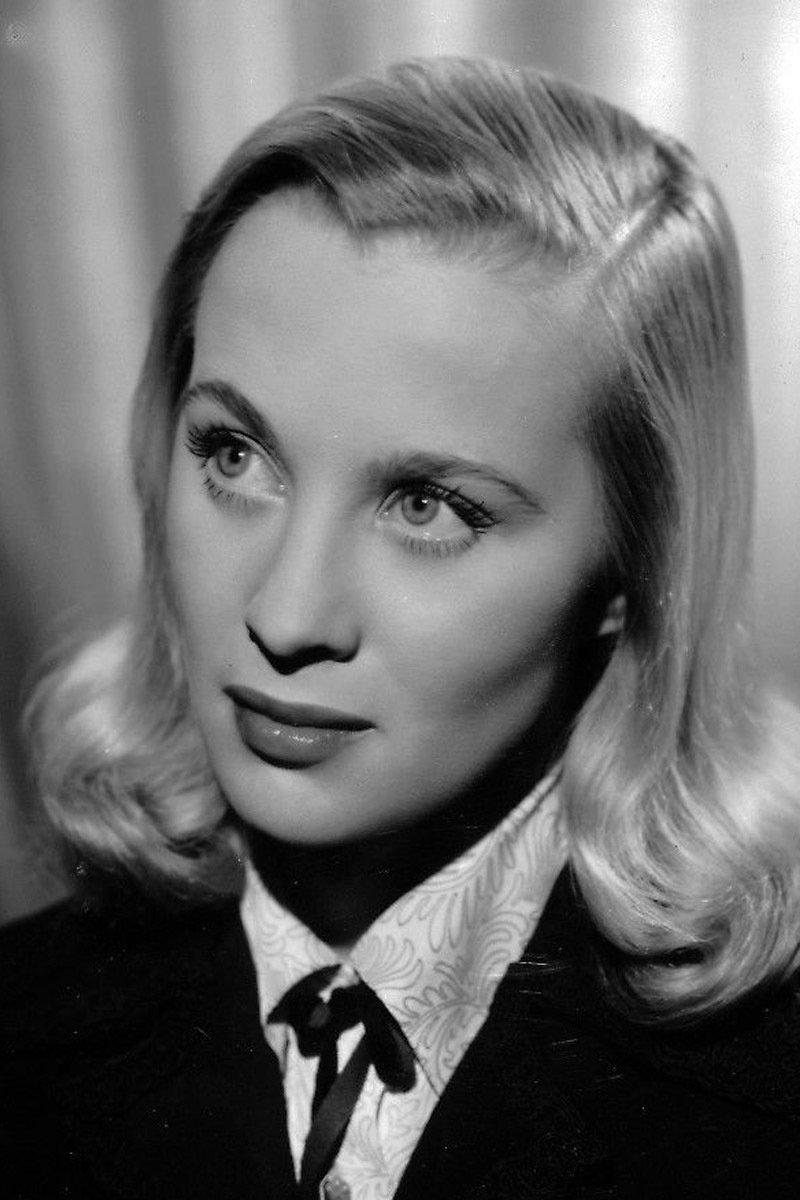
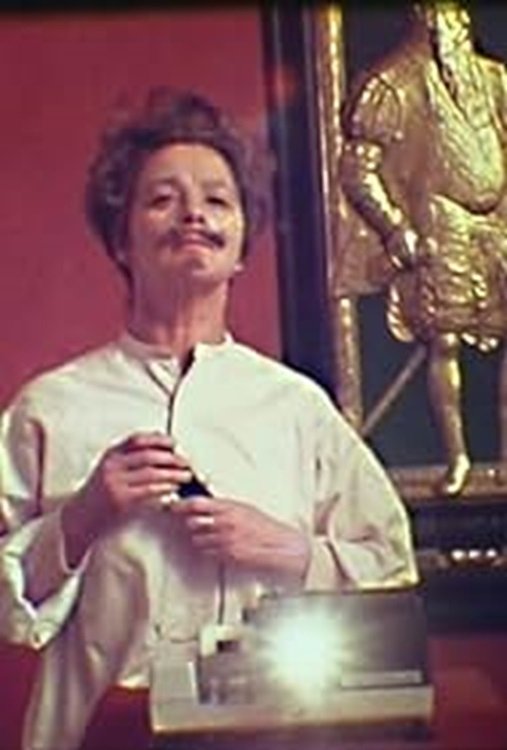
A celebrated movie star, Mai Zetterling stepped behind the camera in the early 1960's as one of the few female directors in the world. Her works were immediately celebrated worldwide but were later marginalized and forgotten. Always controversial, she stepped on some male toes while telling stories of marital oppression and human liberation. How come we know so little about one of Sweden's most innovative directors? And is what we know true?
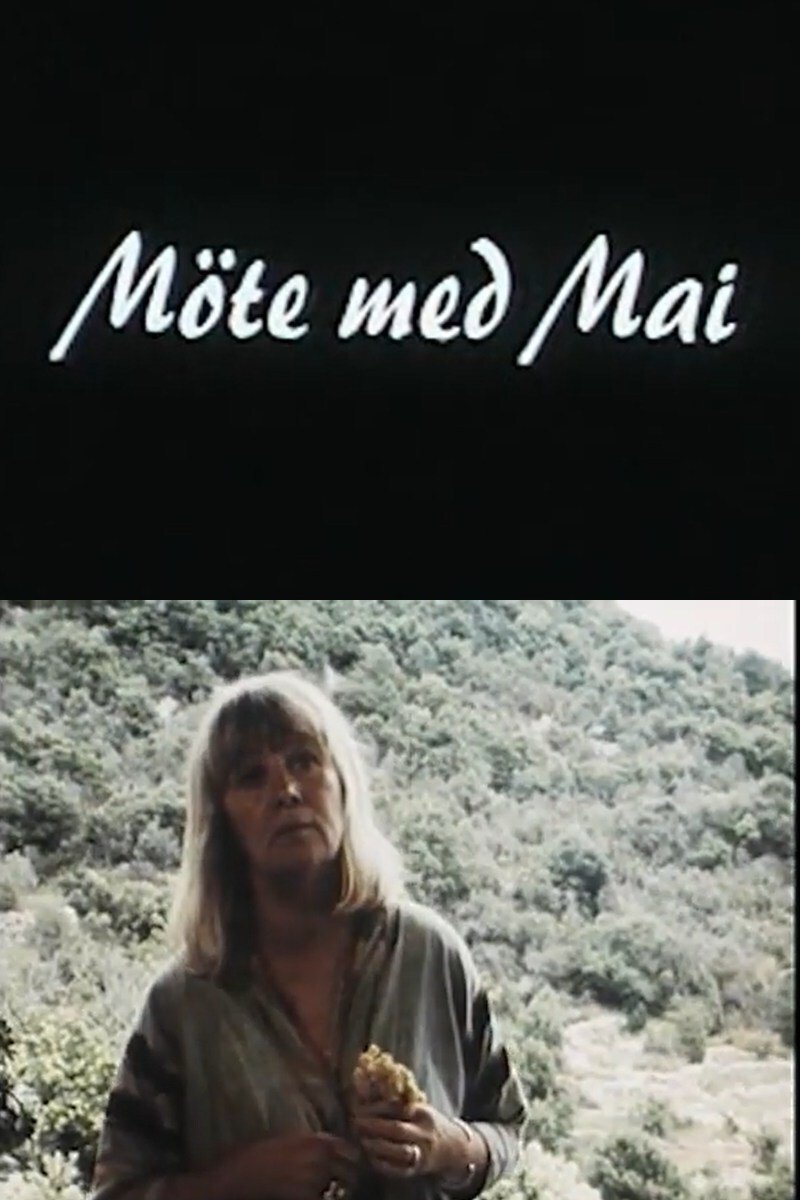
Mai Zetterling is interviewed in the summer of 1984 in her house in southern France. Seventeen years have passed since the Girls were made in Sweden and were adversely affected by the criticism. Zetterling discusses why she left Sweden and resides at crucial times in her life; The drama period, to be celebrated actress and then to move to pave his way in the male-dominated director's profession. A guiding star in Zetterling's life has been to constantly expand its boundaries.
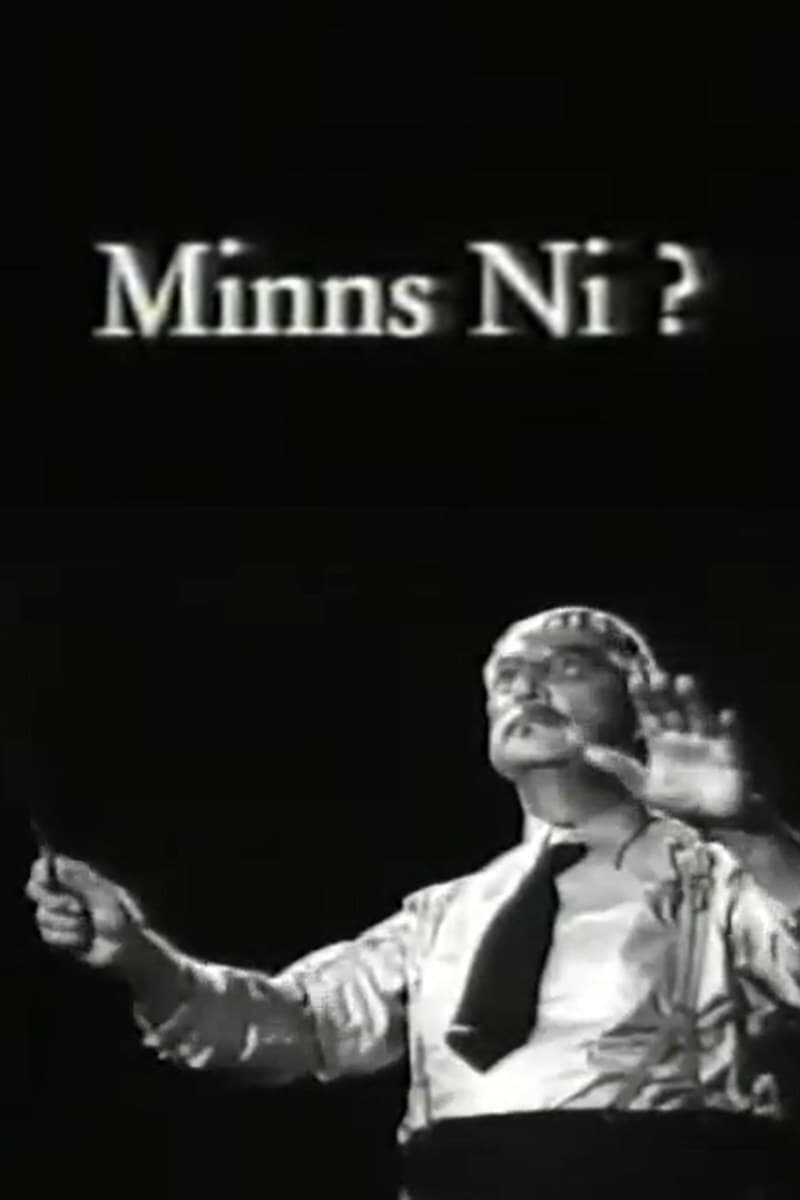
A quick overview of Swedish film history, featuring a breathtaking cavalry of scenes from about 170 films.
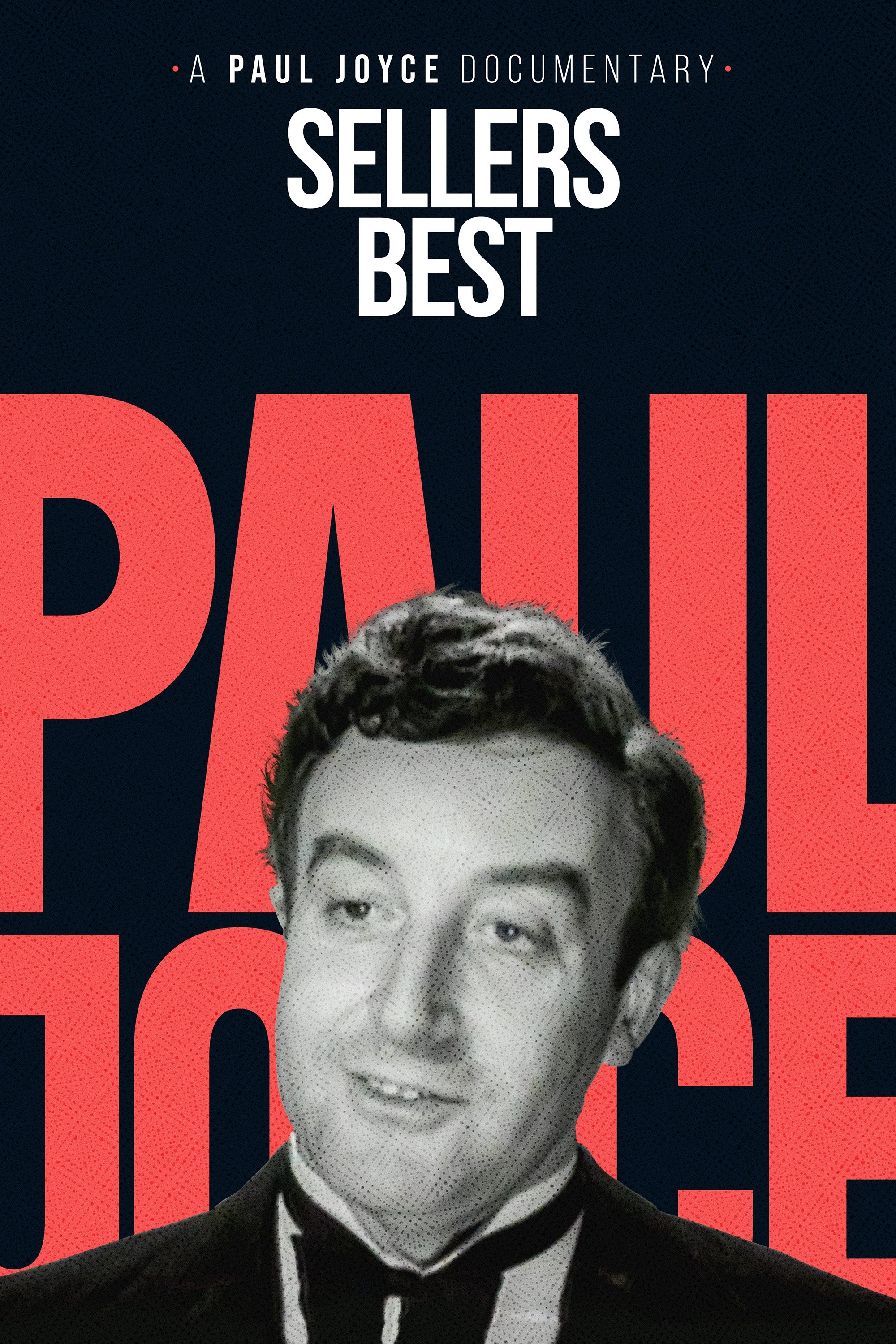
One of the all-time greatest comedians, Peter Sellers’ mimicry, timing, instinct and ability to decimate an audience with laughter made him absolutely unforgettable. Combining comedy and acting like no one before, or since, Sellers starred in legendary cult films such as Dr Strangelove Or: How I Learned to Stop Worrying and Love the Bomb and The Return of the Pink Panther. Sellers’ Best explores not only his comedic talent but goes beneath to examine the man himself and features interviews with those who knew him best, such as Spike Milligan, Beryl Reid and John Sessions

In Ireland, American lawyer Ingrid Jessner and her activist partner, Paul Sullivan, struggle to uncover atrocities committed by the British government against the Northern Irish during the "Troubles." But when Sullivan is assassinated in the streets, Jessner teams up with Peter Kerrigan, a British investigator acting against the will of his own government, and struggles to uncover a conspiracy that may even implicate one of Kerrigan's colleagues.
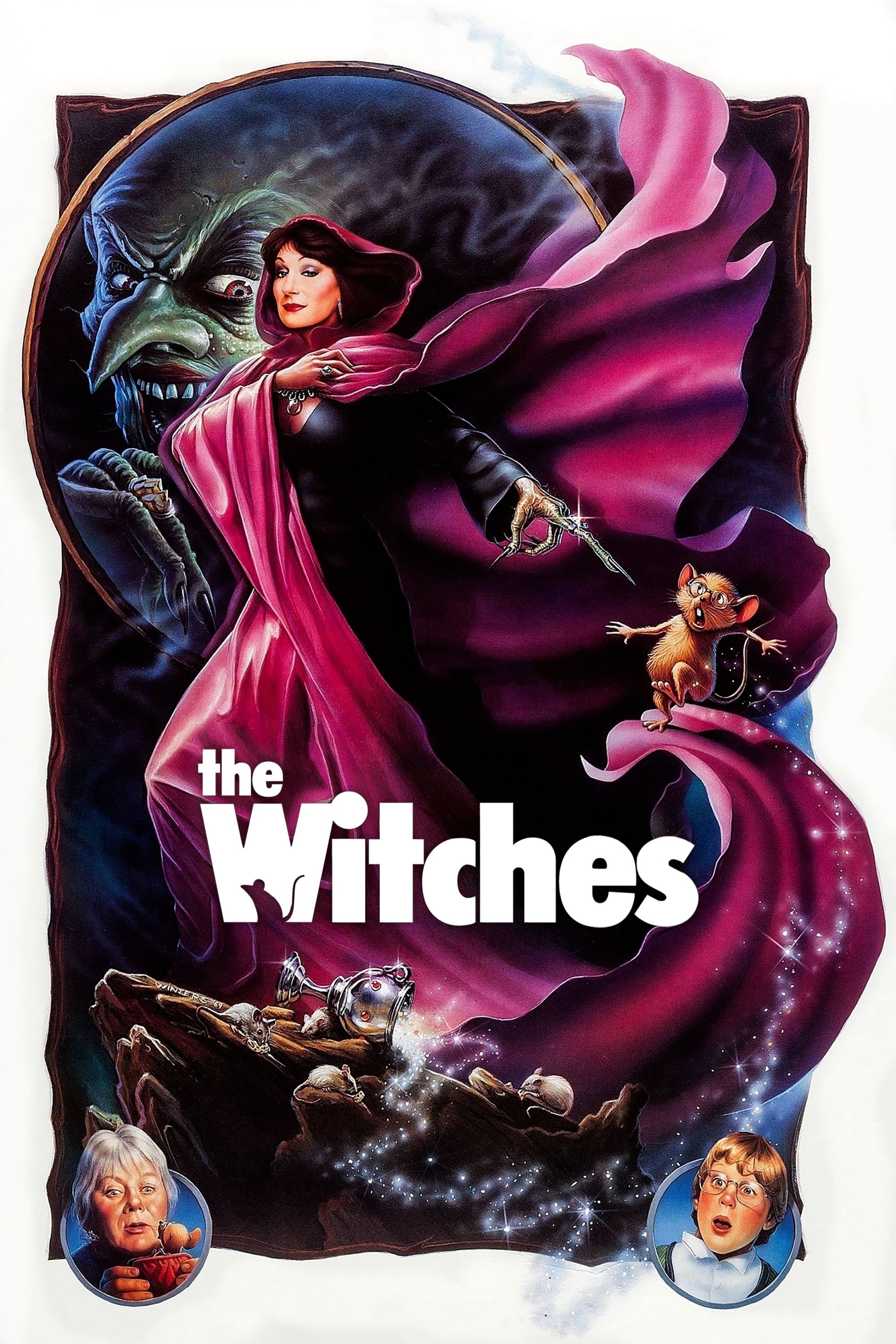
A young boy named Luke and his grandmother go on vacation only to discover their hotel is hosting an international witch convention, where the Grand High Witch is unveiling her master plan to turn all children into mice. Will Luke fall victim to the witches' plot before he can stop them?
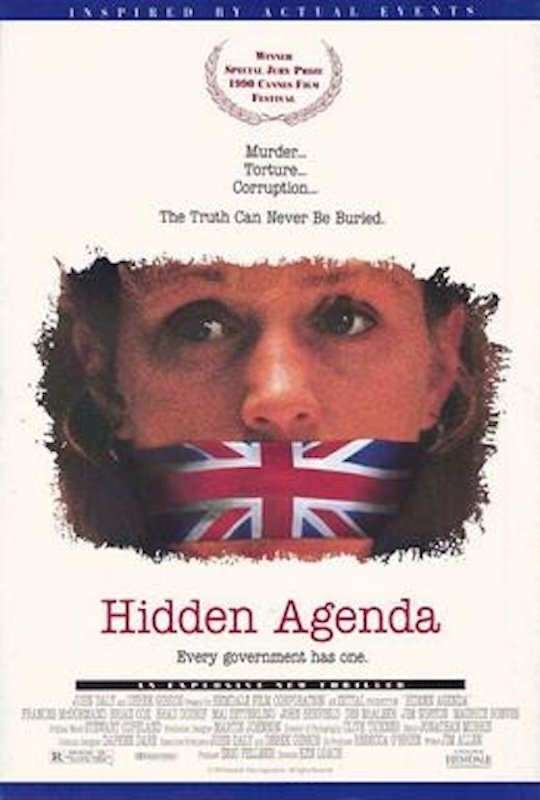
Documentary looking at the making-of and real-life stories behind the award-winning conspiracy thriller starring Oscar-winner Frances McDormand and Brian Cox
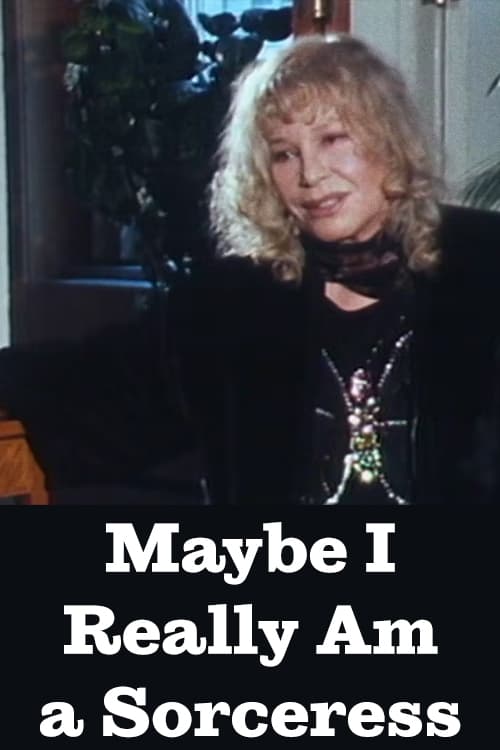
An intimate portrait of director Mai Zetterling that includes interviews with Zetterling, David Hughes (Zetterling’s ex-husband and the cowriter of LOVING COUPLES, NIGHT GAMES, and THE GIRLS), and actors Harriet Andersson, Ingrid Thulin, and Bibi Andersson.
Mai Elisabeth Zetterling ( May 24, 1925 – March 17, 1994) was a Swedish actress and film director. She began directing in the early 1960s, starting with political documentaries and a short film called The War Game (1962), which was nominated for a BAFTA award, and won a Silver Lion at Venice. Her first feature film Älskande par (1964, "Loving Couples"), based on the novels of Agnes von Krusenstjerna, was banned at the Cannes Film Festival for its sexual explicitness and nudity. Kenneth Tynan of The Observer later called it "one of the most ambitious debuts since Citizen Kane." It was not the only film she made that would stir up controversy for its frank sexuality (early pioneer on voyeurism). When critics reviewing her debut feature said that "Mai Zetterling directs like a man," she began to explore feminist themes more explicitly in her work. The Girls, which had an all-star Swedish cast including Bibi Andersson and Harriet Andersson, discussed women's liberation (or lack thereof) in a society controlled by men, as the protagonists compare their lives to characters in the play Lysistrata, and find that things have not progressed very much for women since ancient times.
By browsing this website, you accept our cookies policy.